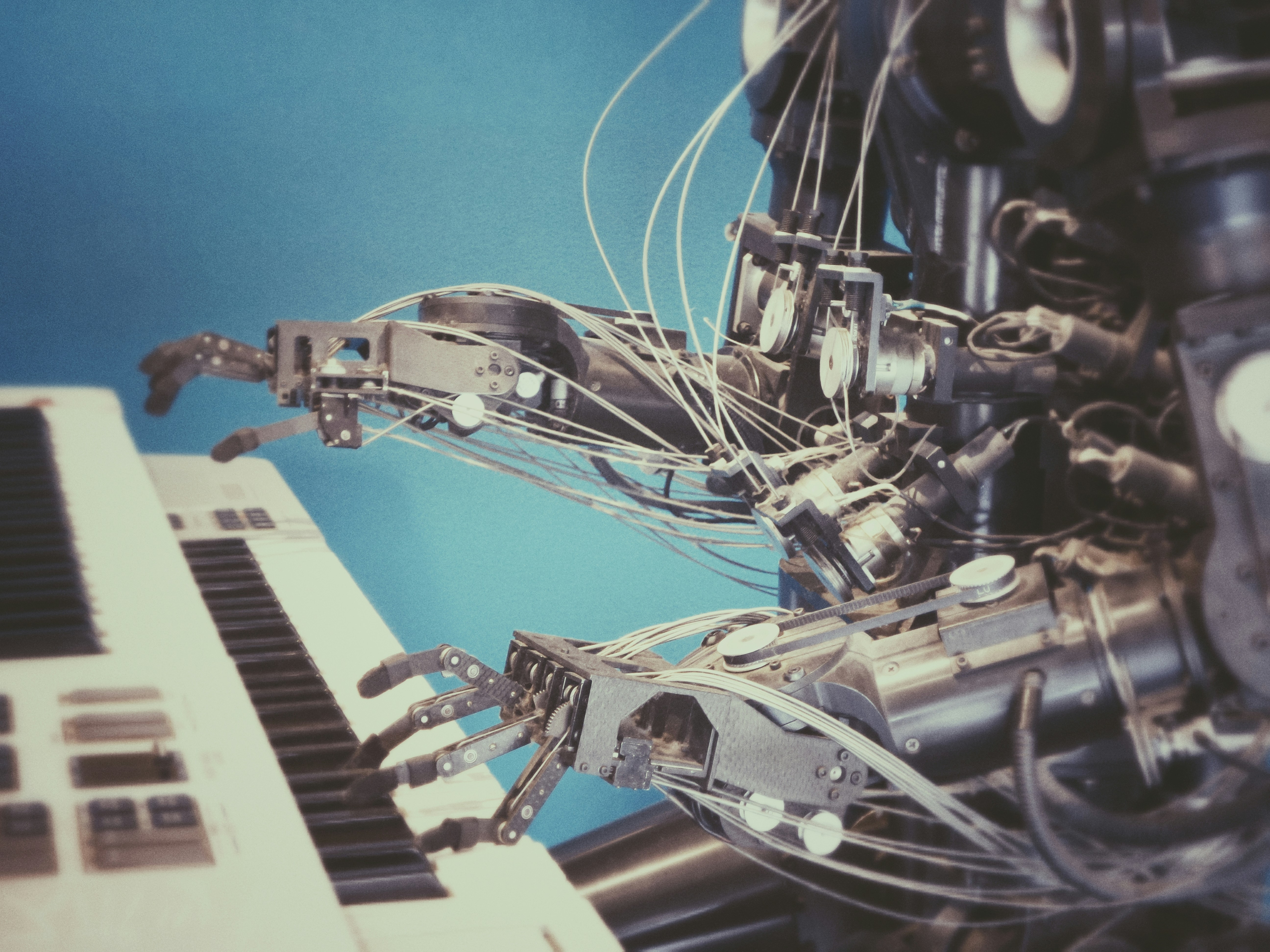The Impact of Artificial Intelligence in Everyday Life
March 31, 2024 | by learntodayai.com

Artificial Intelligence (AI) has become an integral part of our everyday lives, revolutionizing various industries and enhancing the way we live and work. From voice assistants to personalized recommendations, AI has made its way into our homes, smartphones, and even our cars. In this blog post, we will explore some of the applications and examples of AI in everyday life.
1. Virtual Assistants
Virtual assistants like Siri, Alexa, and Google Assistant have become increasingly popular and widely used. These AI-powered voice assistants can perform various tasks, such as setting reminders, answering questions, playing music, and even controlling smart home devices. They use natural language processing (NLP) and machine learning algorithms to understand and respond to user commands, making them an invaluable tool in our daily lives.
2. Personalized Recommendations
Have you ever noticed how platforms like Netflix, Amazon, and Spotify recommend content that seems tailored just for you? AI algorithms analyze your past behavior, preferences, and patterns to provide personalized recommendations. These algorithms use techniques like collaborative filtering and content-based filtering to suggest movies, products, or songs that you are likely to enjoy. This not only saves time but also enhances your overall user experience.
Also Read: The Evolution of Artificial Intelligence
3. Smart Home Automation
AI has made it possible to transform our homes into smart homes. With the help of devices like smart speakers, thermostats, and security systems, we can control various aspects of our homes using voice commands or smartphone apps. AI algorithms enable these devices to learn our preferences and adapt to our routines, making our homes more energy-efficient, secure, and convenient. For example, AI-powered thermostats can learn our temperature preferences and adjust accordingly, saving energy and reducing costs.
4. Healthcare
AI has the potential to revolutionize healthcare by improving diagnostics, treatment, and patient care. Machine learning algorithms can analyze medical data, such as images, scans, and patient records, to detect patterns and identify potential diseases or conditions. AI-powered chatbots can also provide preliminary medical advice and assist in triaging patients. Additionally, AI can help in drug discovery, clinical trials, and personalized medicine, leading to more effective treatments and better patient outcomes.
Also Read: Understanding the Types of AI: Narrow vs. General
5. Autonomous Vehicles
Autonomous vehicles, also known as self-driving cars, are a prime example of AI in action. These vehicles use a combination of sensors, cameras, and AI algorithms to navigate the roads, detect obstacles, and make real-time decisions. AI enables these vehicles to understand their surroundings, predict potential hazards, and safely transport passengers. Autonomous vehicles have the potential to reduce accidents, improve traffic flow, and provide mobility solutions for people who are unable to drive.
6. Virtual Reality and Augmented Reality
AI plays a crucial role in enhancing virtual reality (VR) and augmented reality (AR) experiences. AI algorithms can analyze real-time data from sensors and cameras to create immersive virtual environments or overlay digital information onto the real world. This technology has applications in various fields, from gaming and entertainment to education and training. For example, AI-powered VR simulations can help train surgeons, pilots, and other professionals in a safe and controlled environment.
Conclusion
The applications and examples of AI in everyday life are vast and continue to grow. From virtual assistants and personalized recommendations to smart home automation and healthcare, AI has the potential to transform various aspects of our lives. As AI technology continues to advance, we can expect even more innovative and impactful applications that will shape the future. Embracing AI in our everyday lives can lead to enhanced efficiency, convenience, and overall well-being.
RELATED POSTS
View all


